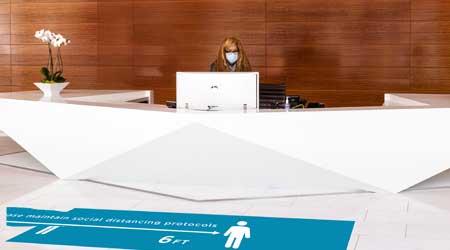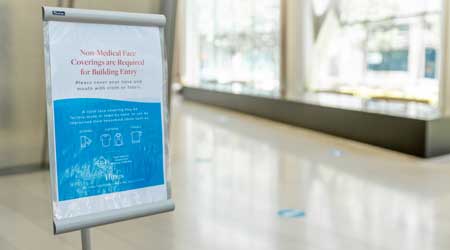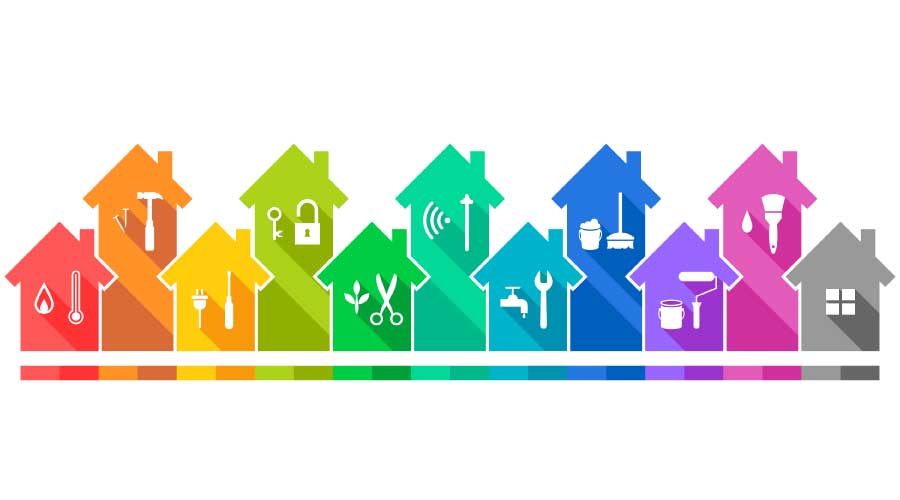 Hines
HinesWhy FMs Must Be Communicators Par Excellence
Increased communication and occupant interaction is the best way to measure the occupant experience in this new normal.
From elevator policy to cleaning frequency, how can facility managers know that these new strategies are not just effectively mitigating the spread of coronavirus, but also contributing to a positive occupant experience of the space, as much as that is possible in these trying times? Before the pandemic, a simple bi-annual or quarterly occupant satisfaction survey would probably do the trick. And while surveys are still important now to develop baselines of occupant feedback, facility managers need to get feedback with much more frequency.
Increased communication and occupant interaction is the best way to measure the occupant experience in this new normal. “You have to be a communicator par excellence,” says Story Friday, president of the Friday Group. “Sometimes you’re going to have to listen to trials and tribulations. Particularly if people are still working remotely, they need to chat with someone. Facility folks can be that person.”
In many cases, says Friday, it’s the facility manager who is asked to be the organization’s point person for coronavirus measures, heading up the organization’s coronavirus task force. And if not, then they should take the initiative on their own. This means being the point person for CDC guidelines, as well as communicating up and down the org chart about what is happening and why. “It’s more important than ever for a facilities organization to have a really top-notch website or intranet,” she says. “Do a daily COVID update. Funnel and prepare daily briefings for the C-suite to help them make corporate decisions. This is an opportunity for facilities folks to shine in their ability to take information, analyze it, and prepare info packets for senior executives to make informed decisions.”

(Clear signage about rules and expectations in a space should be part of the communications plan with occupants and tenants. These also show FMs are working hard and being proactive to keep occupants safe and healthy. Credit: Hines)
Facility managers also must be more available and accessible than ever before. “We have to be responsive around the clock,” says Lance Knez, vice president with Hines, and president of BOMA/Chicago. “There has to be an elevated level of communications, assuring them we’re on top of everything. Occupants and tenants want to know we’re on top of things.”
Michael Cornicelli, executive vice president of BOMA/Chicago, agrees: “Tenants just want to know that you know what you’re doing,” he says. “There may be some disagreement on how. But people just want to know you’re taking care of them. You’re doing what you can to all get through this together.”
Related Topics:
















